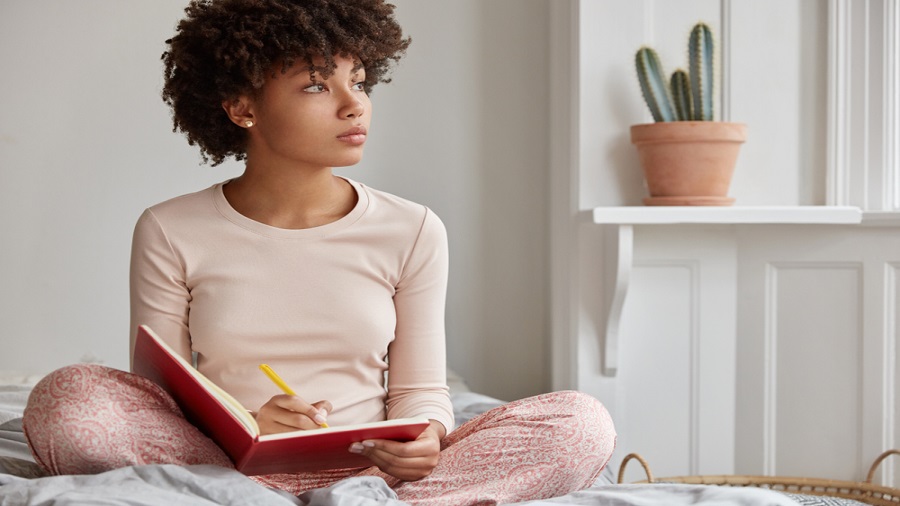We are almost in the last quarter of 2020, a year that has had a tremendous impact on every individual around the globe — physically, emotionally and mentally. Amidst the pandemic we all have felt — and continue to feel — very anxious and overwhelmed with our non-stop engagements with the news and media, limited to absolute zero social engagements and isolation, which really has affected one’s mental health. When the lockdown was announced a lot of people started to focus on physical fitness. The word ‘immunity’ became a hashtag. We went back to clean eating and exercising. But despite all this I feel a lot of us paid little or no attention to our mental health.
As per Ayurveda one is considered to be healthy when there is a perfect balance of mind, body and soul.
As the world has started to open up with all the necessary precautions, the impact of lockdown life, the fear instilled over these many months has demoralised many of us. These testing times have challenged everyone’s patience; we need to boost our mental status once again so that we can fight the crisis better. There are many ways that can help us boost mental health and help cope with the stress.
Disengage: Stop watching what’s happening and what might happen, as it might just increase your stress levels, which, in turn, adds to your inflammation levels by raising the cortisol level in the body. Prolonged stress can have severe impact on one’s physical health.
Therefore, it’s best to disengage with stress-causing news. It’s okay to take a break from watching, reading, or listening to news stories, including those on social media.
Unwind: Find time to unwind and one may do that by maintaining a journal. Do something that you like to do, invest in some hobby like reading, music, gardening, playing an instrument and so on. Unwinding a little will help you keep calm and enjoy a sense of positivity.
Eat right: When you eat right, you reduce the negative effects of stress on the body. A nutrient-rich diet is advisable. If our gut is strong, it aids mental health. When we are stressed we tend to binge and overeat; to avoid this one should take balanced meals, stay hydrated and have a fixed eating schedule. Avoid the intake of refined, packaged and processed foods. Avoid consumption of stimulants such as tea, coffee and alcohol as much as possible.
Move enough: Exercising is one of the most underrated anti-depressants. When we exercise the cortisol level drops and it stimulates the release of serotonin and endorphins, which helps to rejuvenate the mind and the body, playing an important role in reducing stress and anxiety. Deep-breathing exercises and yoga are helpful in dealing with stressful conditions. If you are unable to exercise every day, a minimum of three days a week should be good enough.
Sleep well: Sleep deprivation can severely impact one’s mental health. It’s a well-known fact that poor sleeping patterns can even turn into a source of stress. Make sure you have a fixed sleep schedule and get enough sleep each night. Stay away from all gadgets at least one hour before you go to bed. Make enough lifestyle changes that can help you sleep better.
Connect: Covid-19 has isolated human beings. Luckily, in today’s world, we have so many ways of connecting with friends and family members. Find time each day to get in touch with your loved ones. Share how you are feeling and also if there are any concerns, talk it out. When we share we feel lighter.
Seek help: If you feel nothing is helping and you are feeling constantly stressed and negative, feel free to seek professional help. Consider meeting psychologists, life coaches and medical practitioners.
Shikha Prakash is an Ayurvedic consultant at Padaav Speciality Ayurvedic Treatment Centre, Dehradun, and a visiting consultant at AMRI Hospital, Dhakuria











